Portable workbenches are non-stationary, task driven workspaces designed to provide efficient and mobile units in a variety of industrial, commercial and residential environments. The term workbench can be misleading as these constructs often consist of a flat table-like work surface and the attached components, such as drawers and shelving, needed to improve organization and productivity by creating easy access to all tools and supplies required for the completion of a task.
While stationary workstations are often formatted to one specific job, portable options must remain more fluid in their configuration as they may be used for multiple tasks. For this reason many of these units are not only portable, but modular workstations as well with the ability to be adjusted in several manners such as height, storage capabilities and power supply in the case of electronics. Length, width, load capacity and surface type are additional features that may be adjustable on some models.
Also referred to as multi-purpose workbenches, these workstations are used in virtually every industry including medical, electronics, food and chemical processing, woodworking and metalworking. Manufacturing plants, warehouses, assembly lines, clean rooms and hospitals make use of these often compact pieces of equipment for tasks ranging from electronics repair to simply sharing a computer between workspaces. Read More…
Our workbenches come in a variety of styles including ergonomic height adjustable, chemical resistant, ball transfer surface, computer stations, laminar flow stations and more.
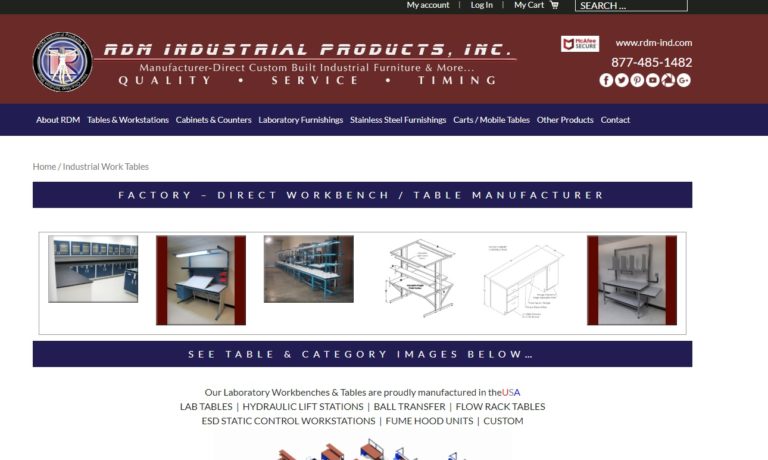
As a workstation manufacturer, Pro-Line offers industrial furnishing that increases employee productivity through creating an improved employee work environment.
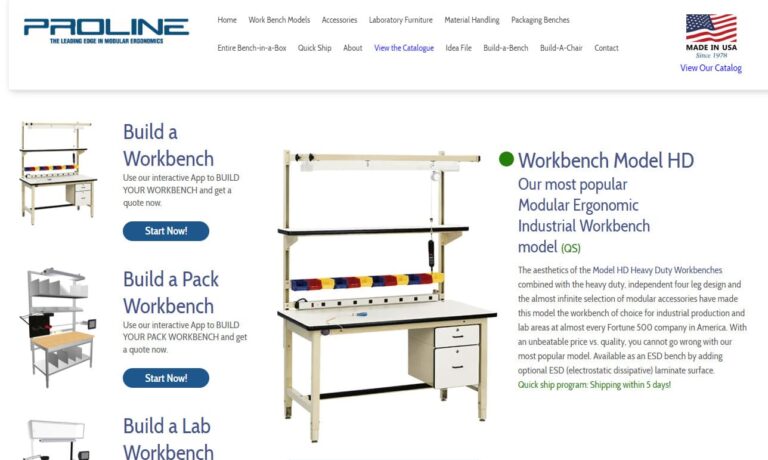
This progressive workstation manufacturer creates flexible, ergonomic solutions for a variety of work environments. ESD, clean room & lab benches, ball transfer assembly workstations, material handling flow rack stations, quick ship modular work benches & great accessories. With everything in-house, we ensure quality workmanship, great lead times & competitive prices for even custom bench designs.
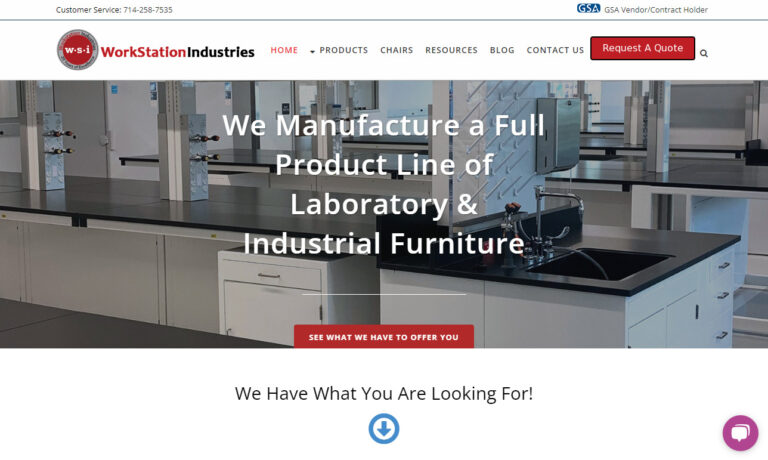
Production Automation Corporation has been a distributor of products for general industrial manufacturing since 1973. We specialize in providing items used in electronic assembly and medical device manufacturing. As a manufacturer's representative, we have a large line of products such as anti fatigue mats, safety wear, chairs, cleaners, hand tools, microscopes, cabinets, workbenches and more.
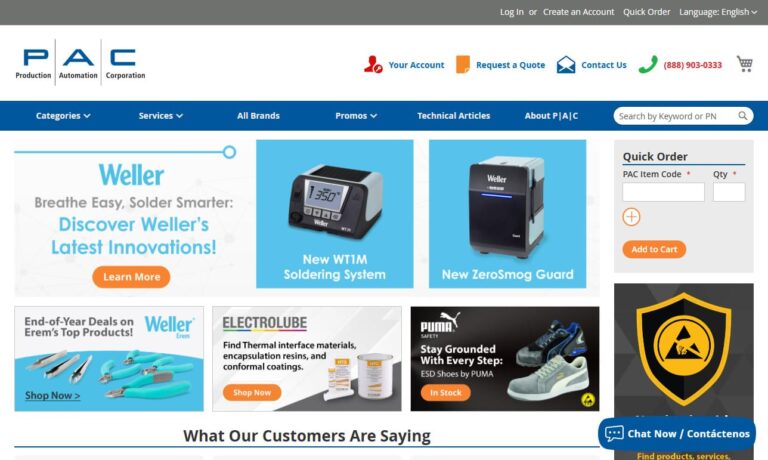
Worksmart Systems designs ergonomic workstations providing customers with the necessary tools to reach six sigma lean manufacturing goals by eliminating waste, preventing defects and improving line efficiency. These are accomplished by our Fleximate® workstations such that our products can be joined together to create optimized assembly cells. We also offer floor and table top stations.

More Portable Workbench Manufacturers
There are two main types of portable workbenches, those with casters or wheels and those that fold or collapse. Casters and wheels attached to the base or legs of a mobile workstation allows that station to be easily slid from one area to the next without disrupting the state of the work in progress on the desk or the order of equipment.
Rolling benches, however, cannot be easily transported over rough terrain or stairs. Folding or collapsible workbenches are built with hinges and removable apparatus that allow the sturdy structure to be slightly disassembled in order to move it. While these can be transferred across any surface since they are carried, the tools and supplies must be carefully stowed to avoid damage.
Additionally, these folded workstations must be made of light materials as heavy stations would be very difficult to move. Though some steel, hardwood or aluminum may be used as support or framing, common materials needed for portability include polymers, plastics, plywood and melamine.
Rolling workbenches are often made of these same light-weight materials, though they have the option of heavier elements as they need not be lifted. Metal and plastic components are formed through extrusion, die-cutting, injection molding and other such processes while wooden elements are sawed and sanded. The many components are nailed, bolted, screwed, and welded together with hinges and casters carefully placed to ensure the ease of transport.




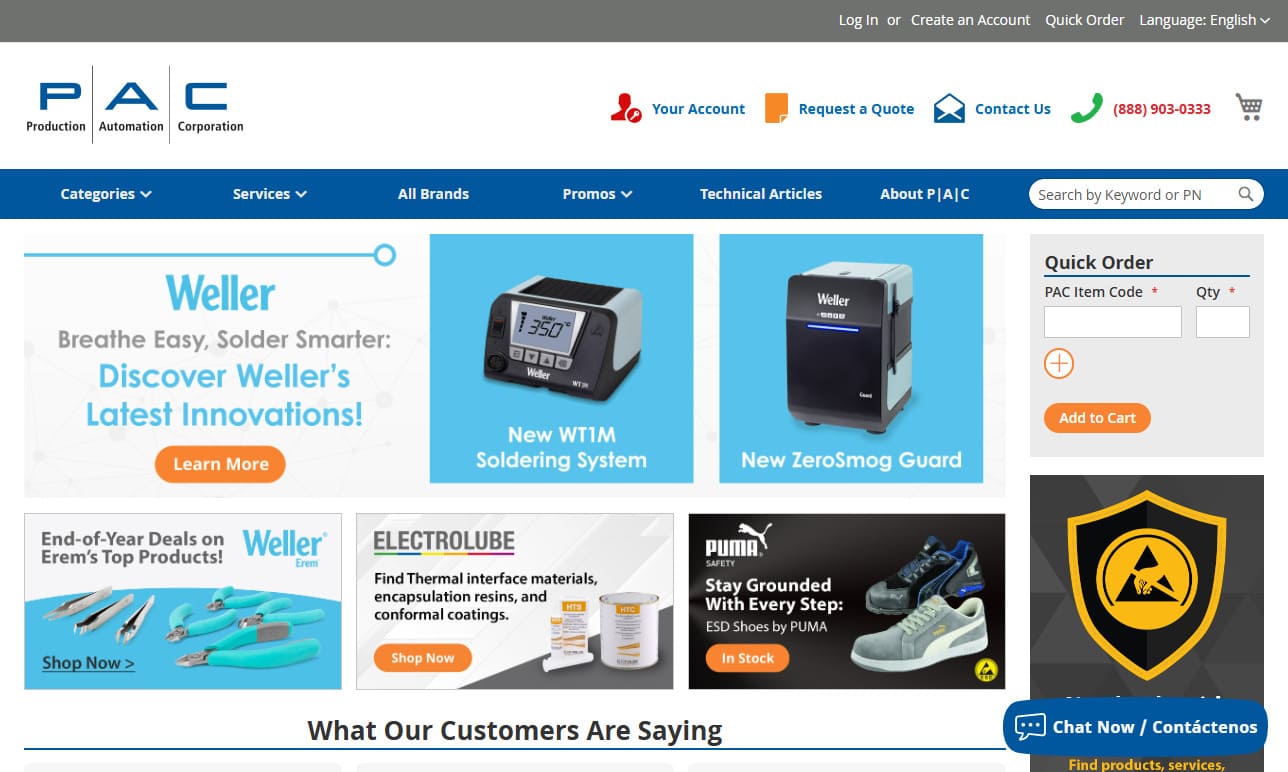
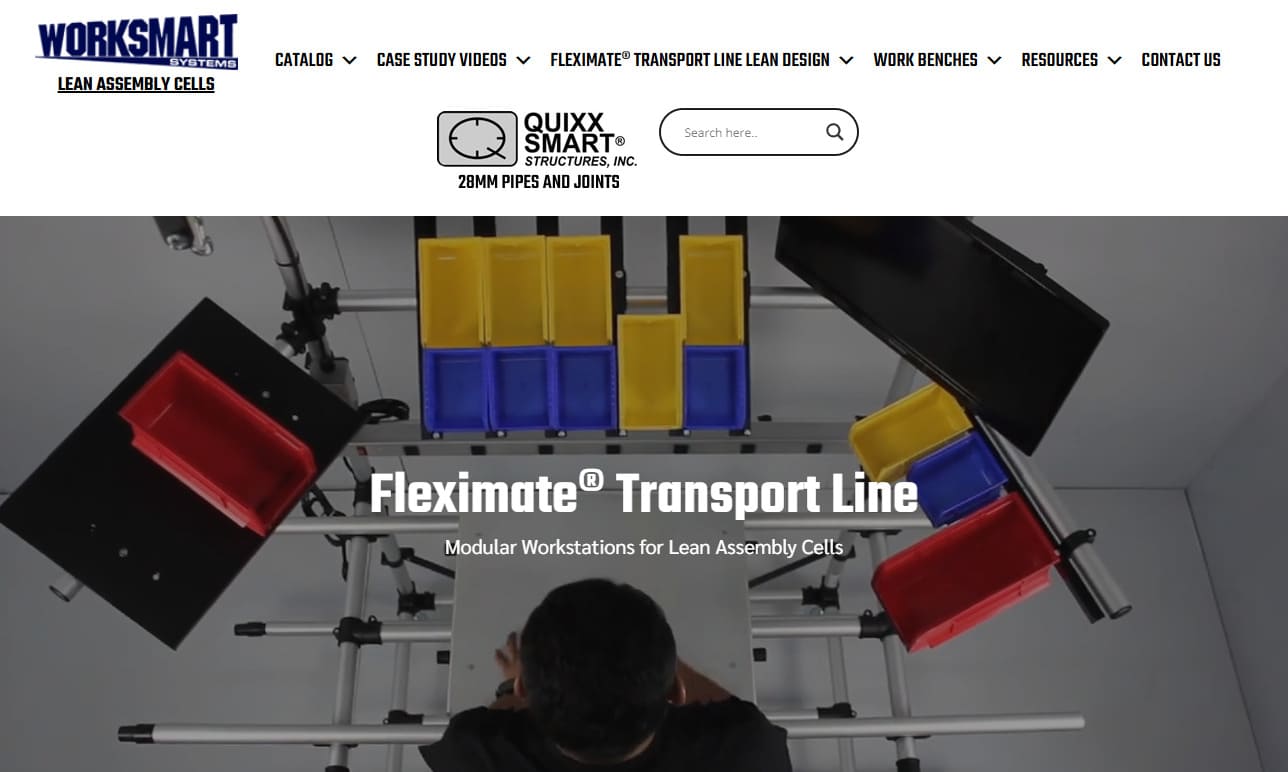
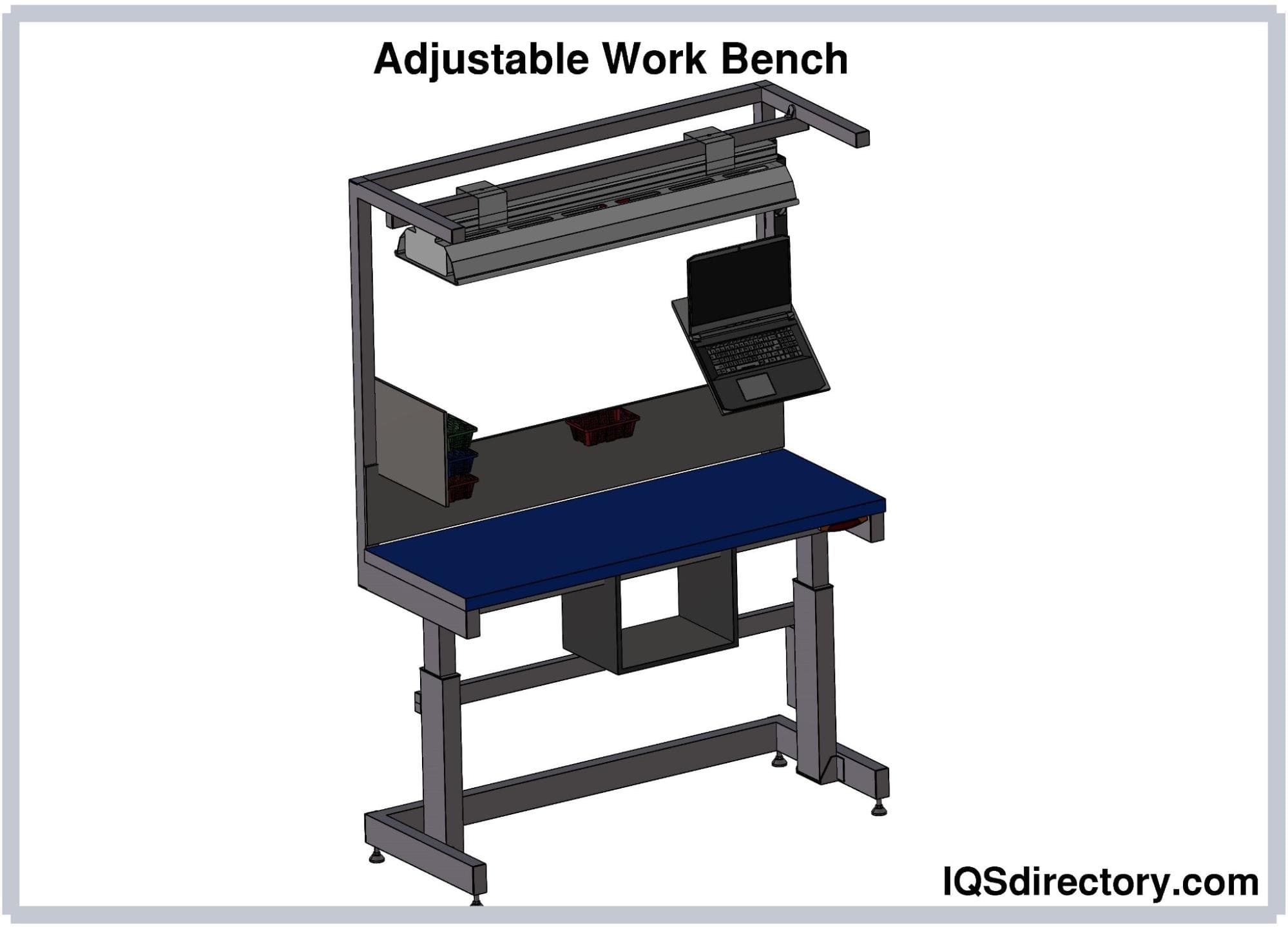
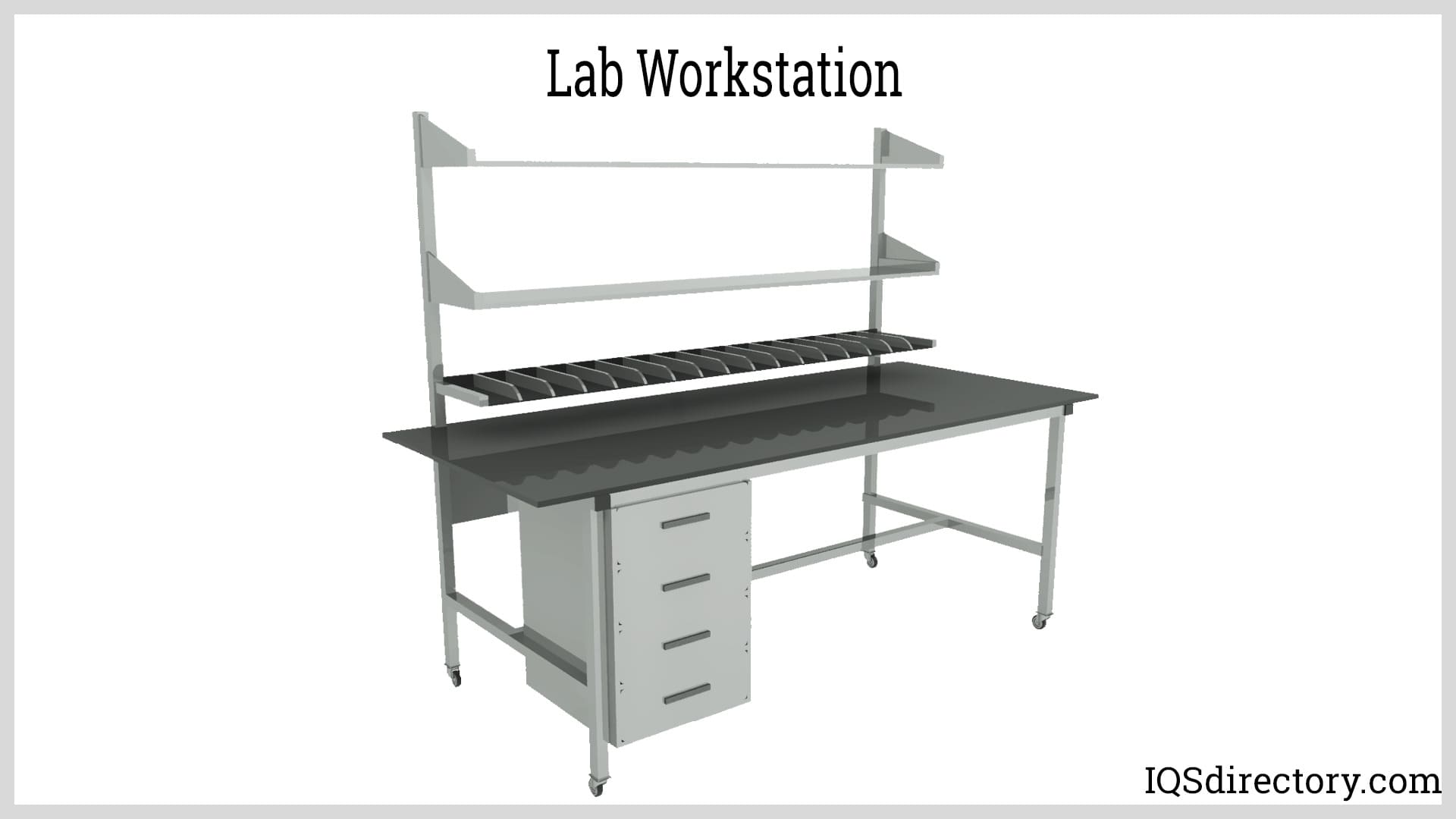
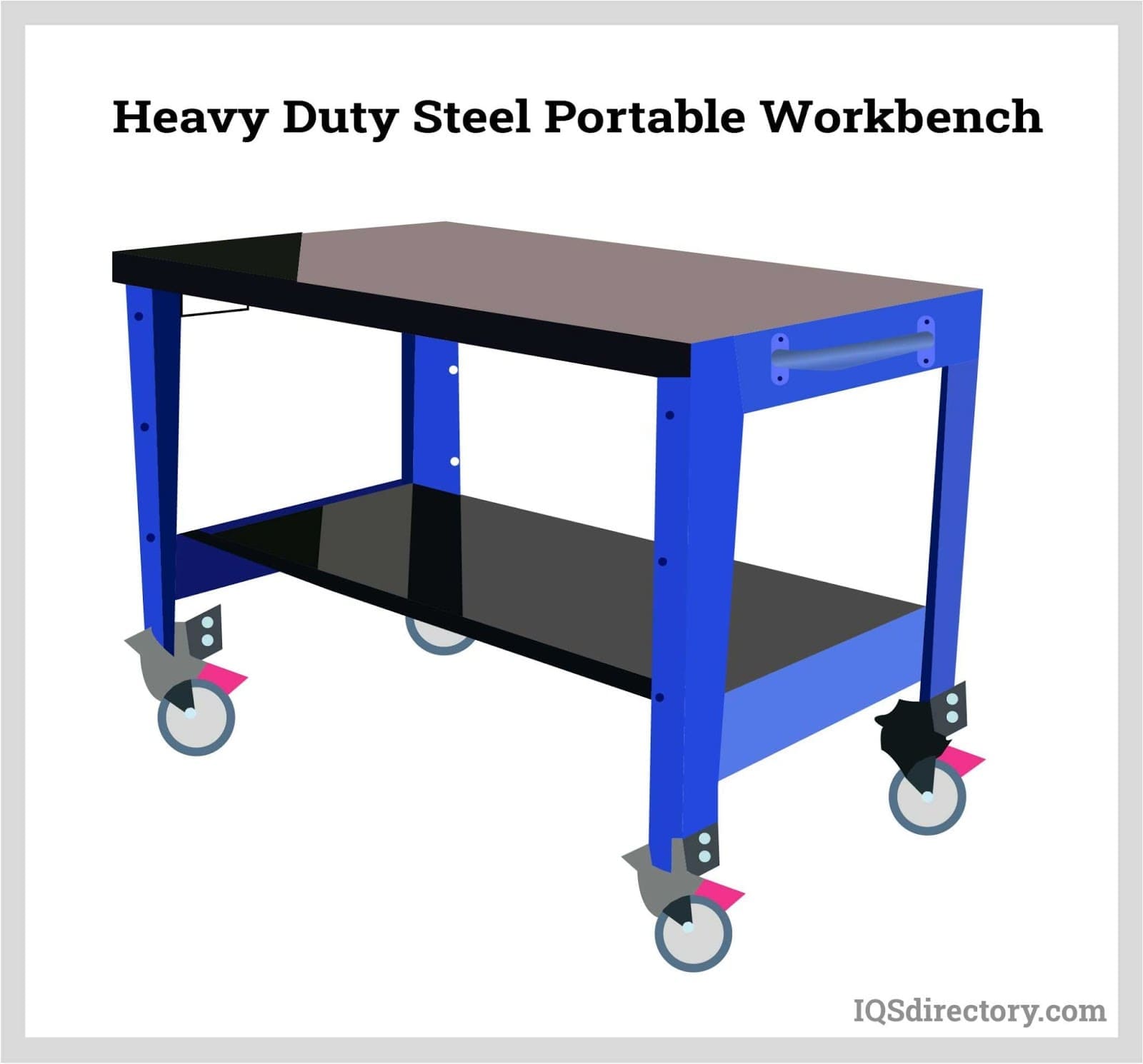
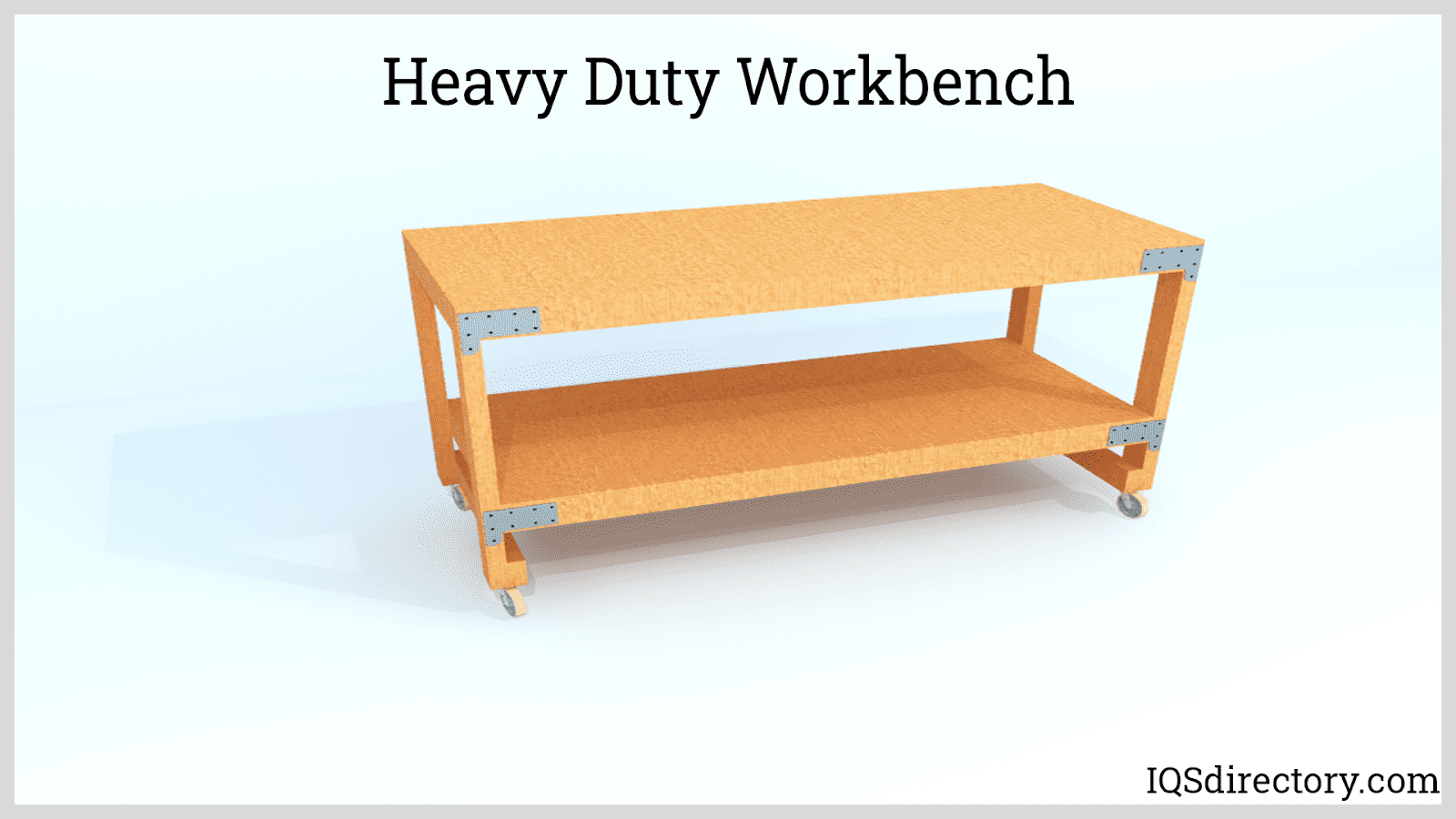
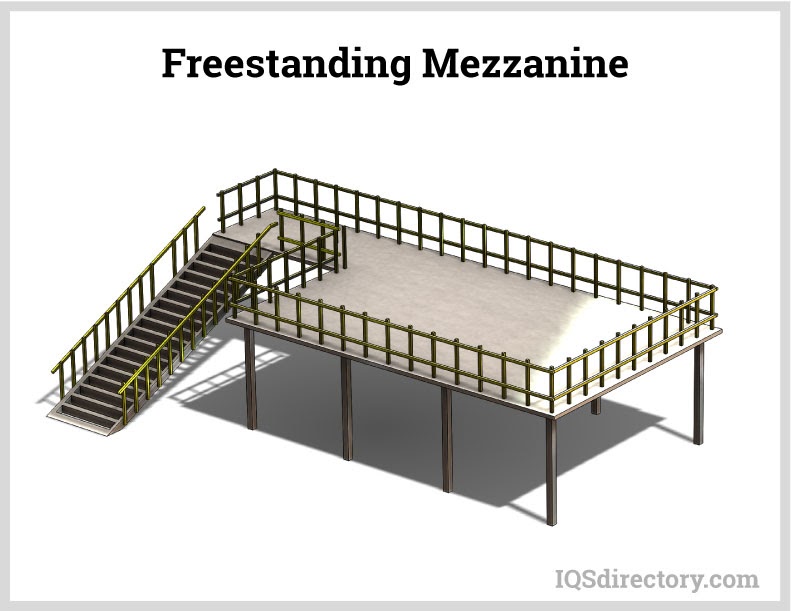
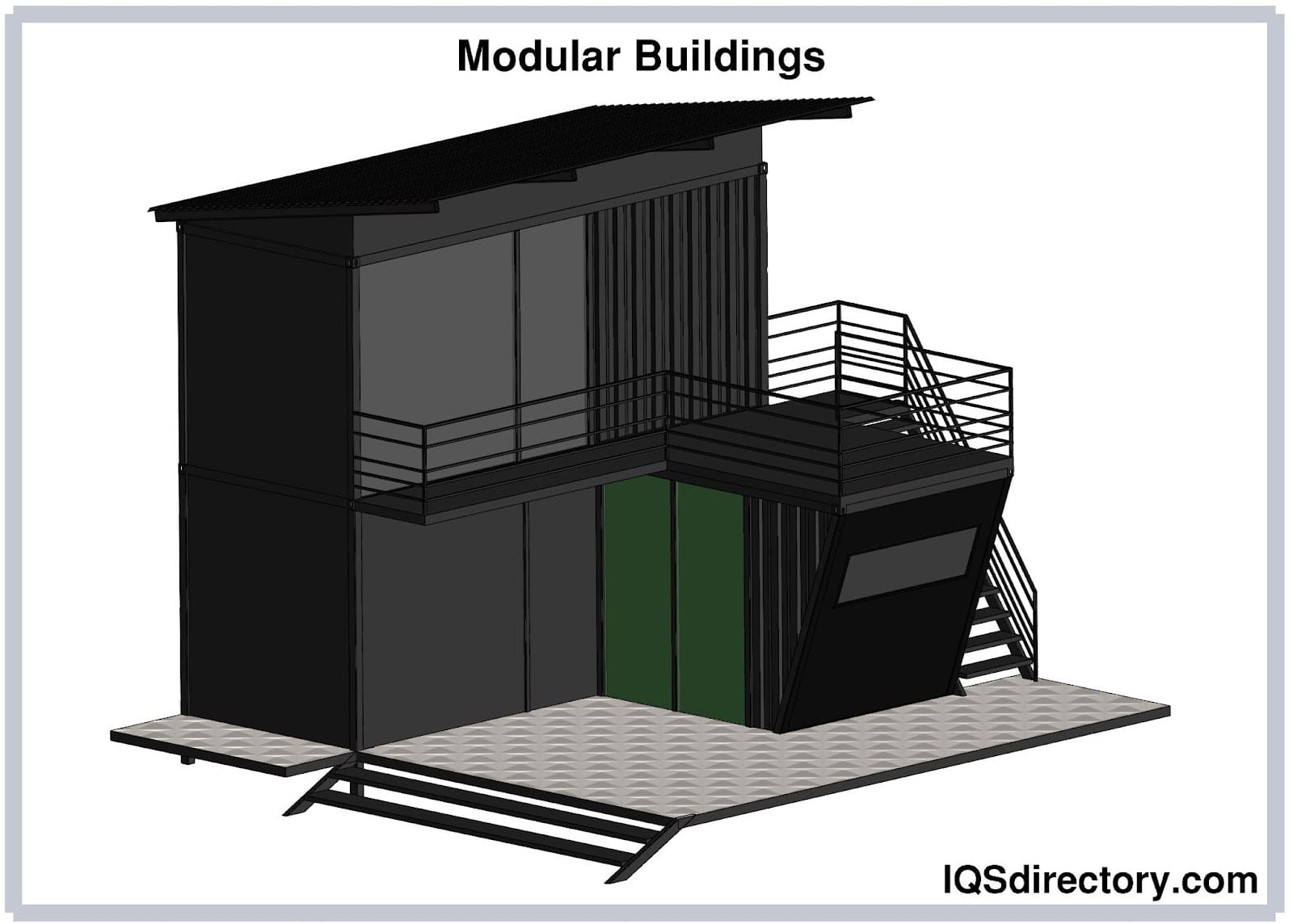
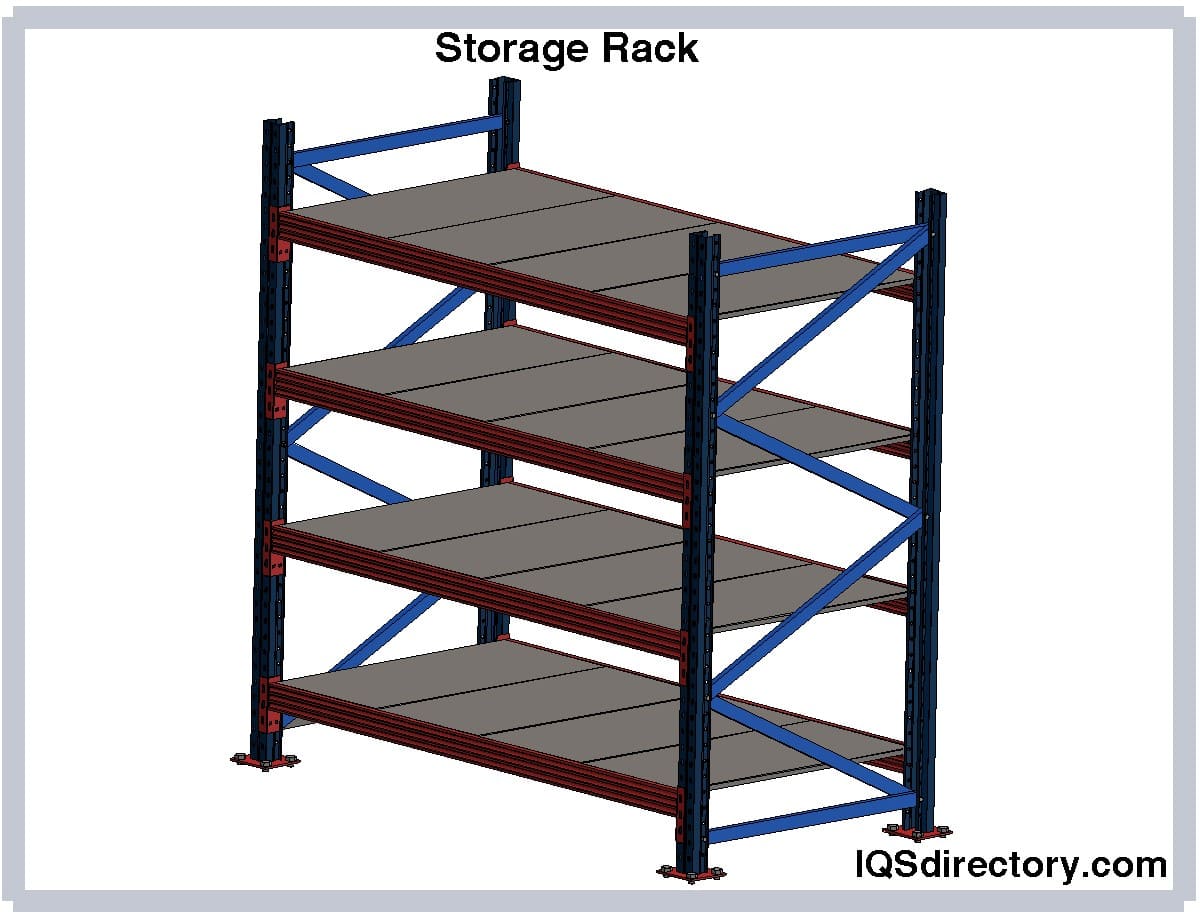
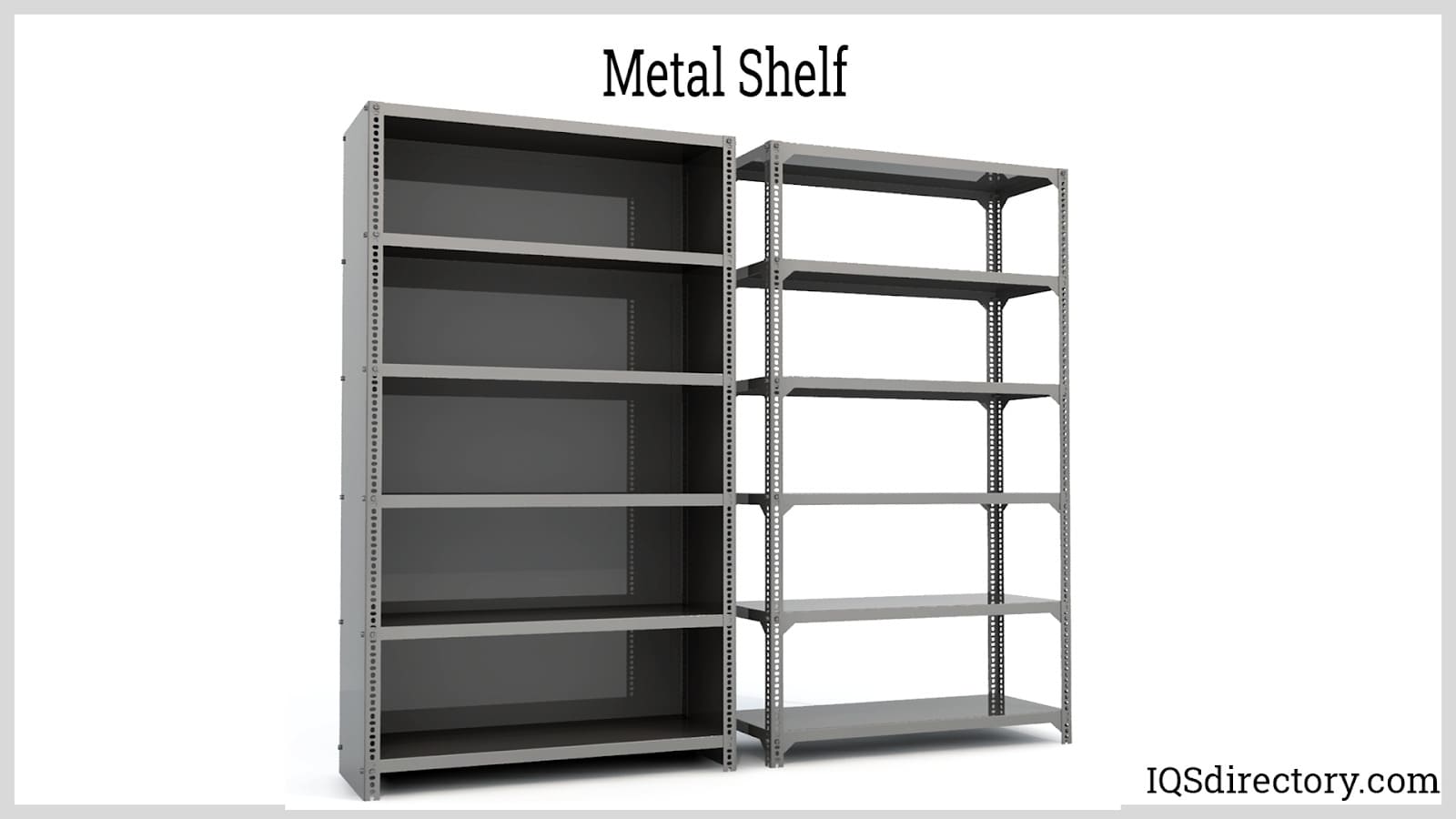

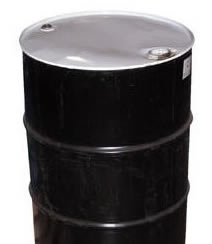 55 Gallon Drums
55 Gallon Drums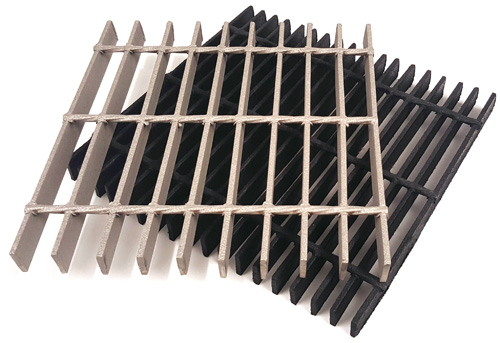 Floor Gratings
Floor Gratings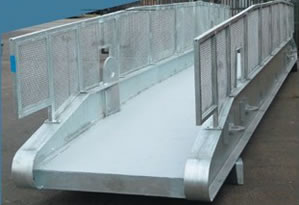 Mezzanines
Mezzanines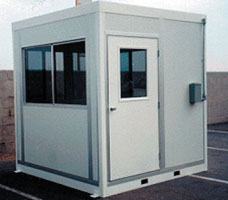 Modular Buildings
Modular Buildings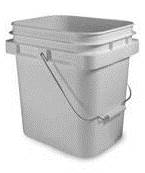 Plastic Containers
Plastic Containers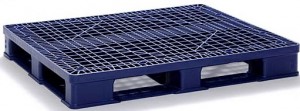 Plastic Pallets
Plastic Pallets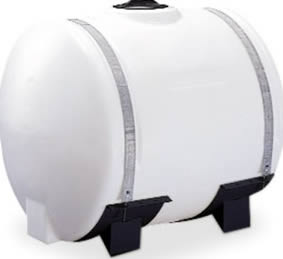 Plastic Tanks
Plastic Tanks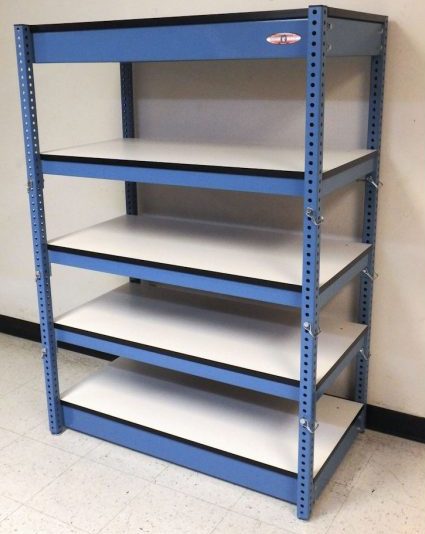 Steel Shelving
Steel Shelving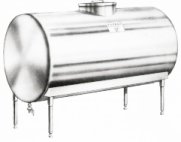 Stainless Steel Tanks
Stainless Steel Tanks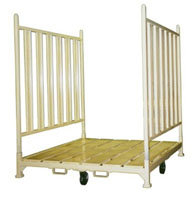 Storage Racks
Storage Racks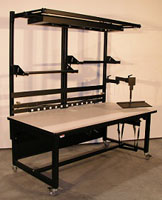 Work Benches
Work Benches Castings & Forgings
Castings & Forgings Bulk Material Handling
Bulk Material Handling Electrical & Electronic Components
Electrical & Electronic Components Flow Instrumentation
Flow Instrumentation Hardware
Hardware Material Handling Equipment
Material Handling Equipment Metal Cutting Services
Metal Cutting Services Metal Forming Services
Metal Forming Services Metal Suppliers
Metal Suppliers Motion Control Products
Motion Control Products Plant & Facility Equipment
Plant & Facility Equipment Plant & Facility Supplies
Plant & Facility Supplies Plastic Molding Processes
Plastic Molding Processes Pumps & Valves
Pumps & Valves Recycling Equipment
Recycling Equipment Rubber Products & Services
Rubber Products & Services